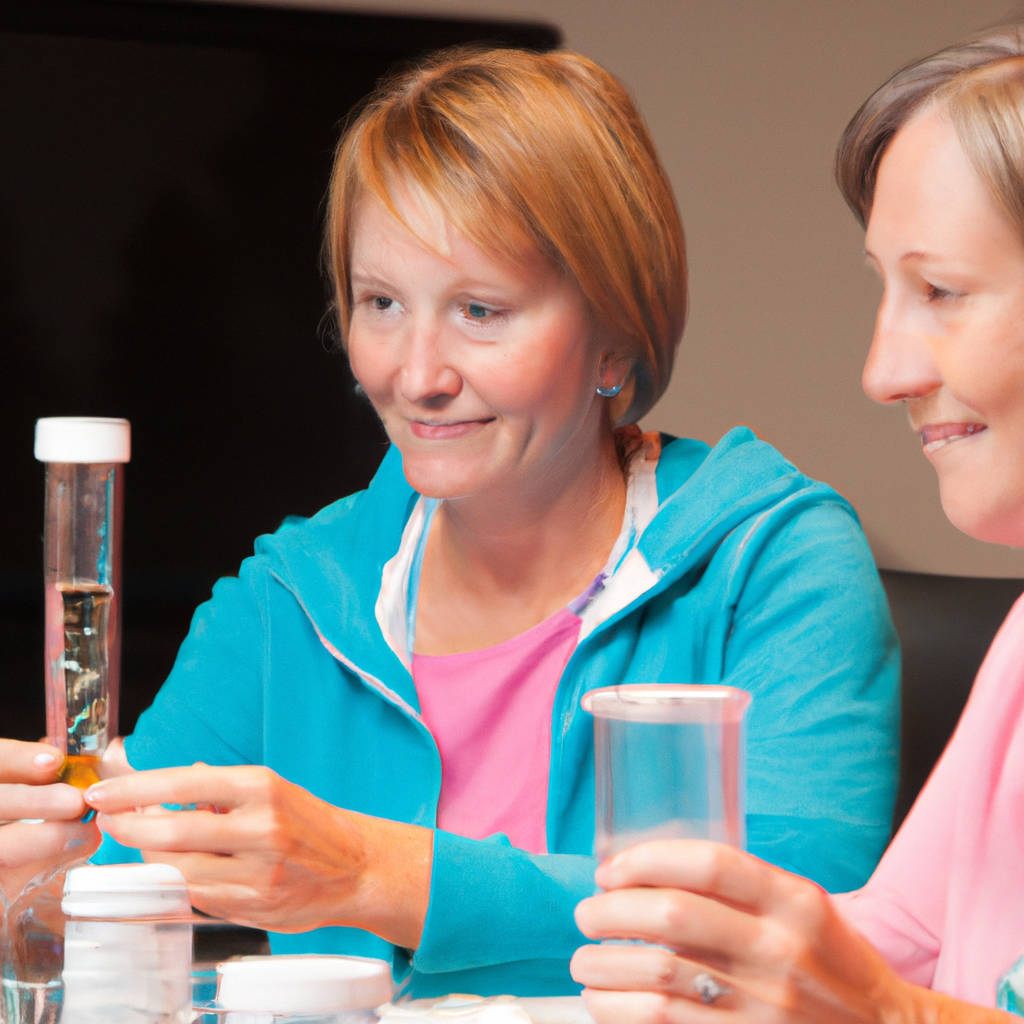In the realm of automotive culture, there exists a pervasive misconception that has been termed the “Turbo Cancer” myth. This myth suggests that any vehicle equipped with a turbocharger is destined for a short lifespan and an ultimate demise due to engine failure. Contrary to this belief, turbochargers, when properly maintained, do not inherently lead to engine damage or premature failure. Turbochargers, like any mechanical component, require regular maintenance and careful usage to ensure optimal performance and longevity. The root of the myth likely lies in the fact that a turbocharged engine can produce more power, which if misused or improperly cared for, can lead to increased wear and tear or even damage. However, this is not a direct consequence of the turbocharger itself, but rather the result of improper usage or neglect. The key to the longevity of any engine, turbocharged or not, lies in regular maintenance, careful driving, and the use of quality components and fluids. Therefore, the “Turbo Cancer” myth can be thoroughly debunked through a thorough understanding of how turbochargers work and the importance of regular vehicle upkeep. It’s also crucial to note that advancements in technology have led to more durable, efficient, and reliable turbochargers that further negate this fallacy. As such, turbochargers should not be feared or avoided, but rather understood and properly cared for, to enjoy the enhanced power and performance they can provide.

Kate Middleton & Covid-19 Vaccines
Kate Middleton, also known as Catherine, Duchess of Cambridge, is actively participating in the worldwide effort to combat the Covid-19 pandemic. Recently, she received her first dose of the Covid-19 vaccine after the UK expanded its vaccination program to younger people. The Duchess publicized this significant event through her social media, sharing a photo of herself getting vaccinated at the Science Museum in London. Her public endorsement of the vaccine is vital, as this encourages more individuals to participate in the vaccination campaign, contributing to the global battle against the pandemic. Kate Middleton’s role in the Royal Family provides her with a platform that reaches millions, and her public support of the vaccine helps build public trust in the safety and efficacy of Covid-19 vaccines. As a part of the younger demographic now eligible for the vaccine in the UK, Kate’s vaccination sends a powerful message to her peers about the importance of getting vaccinated to protect not only themselves but also the wider community from the virus. By sharing her vaccination experience, the Duchess of Cambridge is helping to dispel any fears or misinformation about the vaccine and is setting a positive example for people around the world. Her actions demonstrate the power and influence public figures can have in promoting public health initiatives, especially during a global crisis. In conclusion, Kate Middleton’s decision to publicly share her Covid-19 vaccination is a pivotal move that will potentially influence many individuals to get vaccinated and contribute to the collective effort to end the pandemic.
Turbo Cancer Myth: A Refutation
“Turbo Cancer Myth: A Refutation” is an exploration of the prevalent, yet baseless belief that turbocharged engines contribute to the development of cancer. This myth has been floating around in various circles for years, despite clear scientific evidence that contradicts it. The underlying theory of this fable is that the increased emissions produced by turbocharged engines release carcinogenic substances into the environment, leading to an elevated risk of cancer. However, multiple studies have conclusively demonstrated that the emissions from these engines, while indeed higher than those of non-turbocharged engines, are not significantly associated with an increased risk of cancer. Furthermore, modern turbocharged engines come equipped with advanced emission control systems that effectively minimize the release of potentially harmful substances into the environment. The myth, it appears, has stemmed from a misunderstanding or misrepresentation of the actual science. The potential health risks associated with emissions from vehicles are real, but they are far more complex, multifaceted, and variable than what the turbo cancer myth suggests. Therefore, it is essential to base one’s fears and precautions on verified scientific evidence rather than unproven myths. This refutation aims to dispel the turbo cancer myth and foster a more accurate understanding of the health implications of vehicle emissions.

Origin of “Turbo-Cancer” Rumors
“Turbo-Cancer” rumors originated from the cyber corners of the internet, particularly within the gaming community. The term is often used to describe a game or a player that is exceptionally difficult to beat, or a situation that seems overwhelmingly negative, or unsurmountable. Despite its grave connotation, the term is not related to any medical condition or health risk. It is a slang term, used in jest and hyperbole to express frustration or challenge. The rumors around “Turbo-Cancer” often stem from misinterpretations or exaggerations of the term’s meaning, leading to false connections with real-world health issues. This is particularly common on platforms where the term is used without context, leading to misunderstandings. The phrase has been spread mainly through usage in online gaming forums and social media platforms, and its meaning has evolved and expanded over time. Misinformation and miscommunication have given rise to many baseless rumors surrounding this term.
Kernel of Truth: Clarifying Misconceptions
The concept of “Kernel of Truth: Clarifying Misconceptions” revolves around the idea that every myth, stereotype or misconception often has a minuscule amount of truth embedded within it, which is usually exaggerated or distorted over time. This concept is not a justification for misconceptions, but rather, an attempt to understand why they exist. It’s essential to dissect these misconceptions, separating the kernel of truth from the layers of misinterpretation and misinformation. This not only helps in understanding the origin of such misconceptions but also aids in dispelling them. In the process, we gain a more nuanced and accurate understanding of the world around us. However, it’s crucial to approach this task with an open and critical mind, ready to challenge our own biases and preconceived notions. Only then can we hope to clarify misconceptions and replace them with a more informed and balanced perspective.

Explaining the Phenomenon
Phenomena are observable events or facts that can be scientifically explained. They occur all around us, in nature, in society, and in various fields of study. For instance, the phenomenon of photosynthesis in plants is a biological process that converts light energy into chemical energy. Similarly, social phenomena, such as trends in fashion or the spread of languages, are influenced by human behaviors and cultural influences. To explain a phenomenon, it is crucial to observe it thoroughly, gather evidence, and analyze it in the context of existing scientific theories or models. This process can involve complex research methods and may require interdisciplinary knowledge. However, it is important to remember that even the most well-explained phenomena are subject to change as new evidence or perspectives emerge. Therefore, the explanation of phenomena is a continuous and evolving process that forms the basis of our understanding of the world.
Addressing Cancer in Younger Individuals
Addressing cancer in younger individuals necessitates a comprehensive approach that involves early detection, effective treatment, and psychological support. Unlike older adults, children and adolescents with cancer often face unique challenges related to growth and development, fertility, and long-term effects of treatment. Therefore, healthcare professionals need to develop personalized treatment strategies that take into account the specific needs of younger patients. Additionally, promoting awareness about cancer in young people is crucial, as symptoms are often overlooked, leading to late diagnosis. This can significantly impact the prognosis and survival rate. Schools and communities should be engaged in education campaigns to enhance understanding of early warning signs. Furthermore, providing emotional and psychological assistance is equally important. The diagnosis can induce emotional turmoil not only in the patients but also in their families. Hence, integrated care involving psychologists, social workers, and support groups can help in dealing with the emotional aspects of the disease and improve the quality of life for these young patients.

Post Hoc Fallacy: Continuation of Misinformation
The post hoc fallacy, also known as post hoc ergo propter hoc, is a common logical fallacy that infers a causal relationship between two events because one event followed another. This fallacy can often lead to the continuation of misinformation, as it is a flawed reasoning method that assumes an event occurring first caused an event that occurred later. This can be particularly prevalent in the realm of pseudoscience, where correlations can be mistakenly interpreted as causations. For example, if one were to observe that people who eat a lot of ice cream are more likely to drown, they may incorrectly conclude that eating ice cream causes drowning. This is a clear misinterpretation, as the increase in both ice cream consumption and drowning incidents can be attributed to a third variable: hot weather. Therefore, the post hoc fallacy can significantly contribute to the spread of misinformation, especially when correlations are misunderstood as causations.
